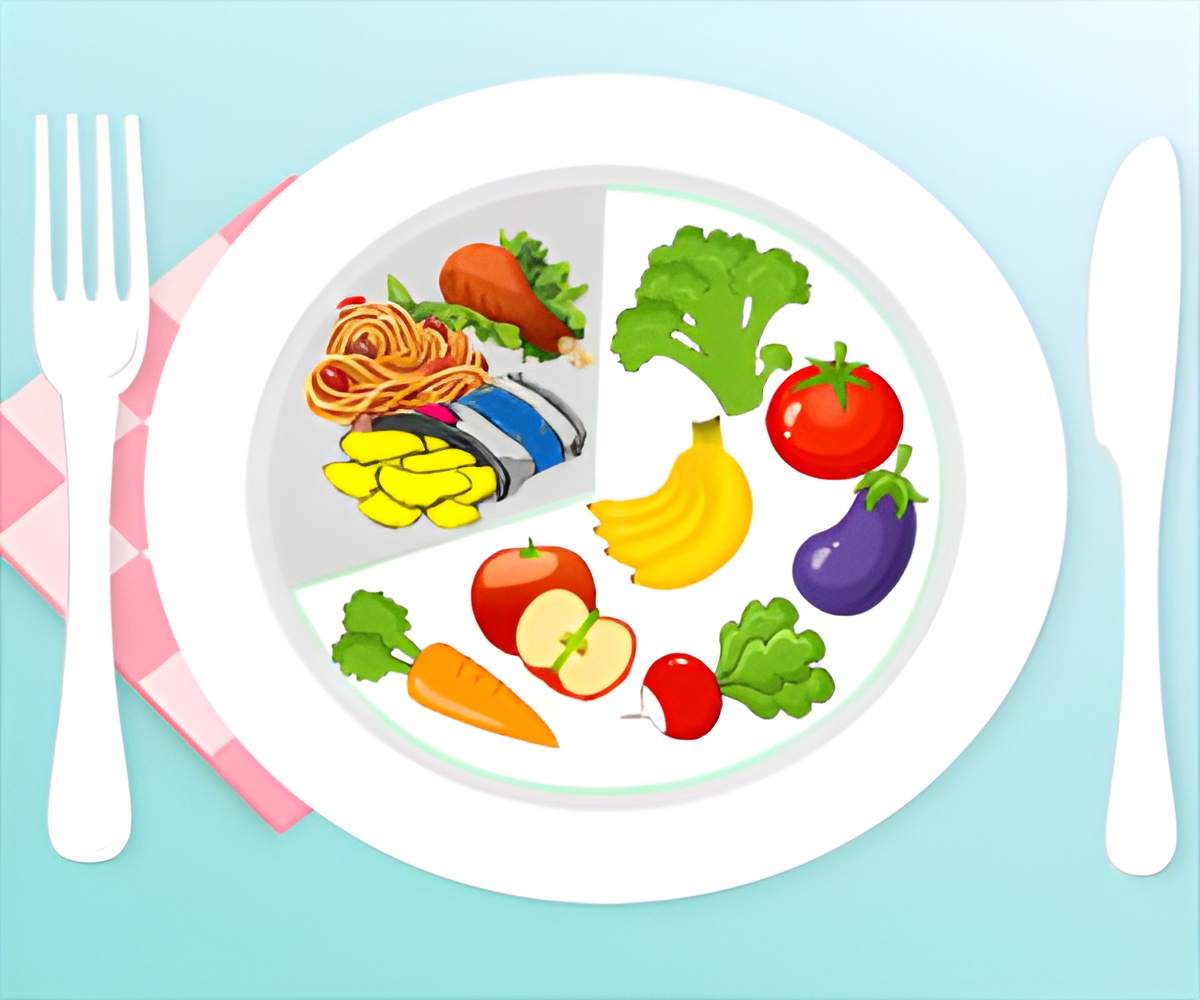The greenhouse gas emissions dataset will help consumers and caterers calculate the environmental impact of the fresh food they eat and the menus they serve.

‘The greenhouse gas emissions dataset by researchers will help consumers and catering firms calculate the environmental impact of the fresh food they eat and the menus they serve.’





The new research suggests altering our eating habits for the good of the environment. RMIT's Associate Professor Karli Verghese and Dr Enda Crossin, working with Lancaster's Dr Stephen Clune, have identified a clear greenhouse gas emissions hierarchy emerging across food categories. Grains, fruit and vegetables were found to have the lowest impact, followed by nuts and pulses. Chicken and pork (non-ruminant meat) had a medium impact. Fish also had a medium impact on average, however results between species varied significantly. Meat from beef and lamb (ruminant animals with multiple guts) had the highest impact.
The authors had worked with a residential age care organisation to develop a sustainability strategy to help reduce their greenhouse gas emissions. A key finding was that the food served to residents contributed to a large portion of the environmental impact.
While they were aware of various strategies that could reduce this impact (such as having less red meat), to estimate the impact of a revised menu with some credibility was exceptionally difficult as the information was so dispersed.
This started their attempt to understand more clearly the global warming potential of differing foods. The aim of the study was to develop a dataset to support consumers and catering organisations in calculating the impact of their ingredients and menus.
Advertisement
The authors have produced a simple list to illustrate how much - or how little - it takes for different foods to contribute a kilogram of greenhouse gas emissions.
Advertisement
Associate Professor Karli Verghese said the study was the largest and most comprehensive examination of its kind, providing the first global league table for fresh food.
"We wanted to help people make informed choices, to empower consumers and people working in the food industry who would like to reduce their environmental impact," Verghese said.
"With this full picture of the greenhouse gas impact of different foods, people can reliably work out more sustainable diets and menus for themselves and for their customers." Dr Stephen Clune, from Lancaster University, said: "You would have a hard time arguing that you can replace beef with onions as they serve very different culinary and dietary requirements."
However, it is possible to substitute red meat (beef and lamb) with other meats, or plant-based protein sources such as lentils and nuts that have a lower impact. "Our results could be used with confidence to plan menus for individuals and catering companies who want to reduce their carbon footprint, by selecting foods from different categories."
Source-Eurekalert









